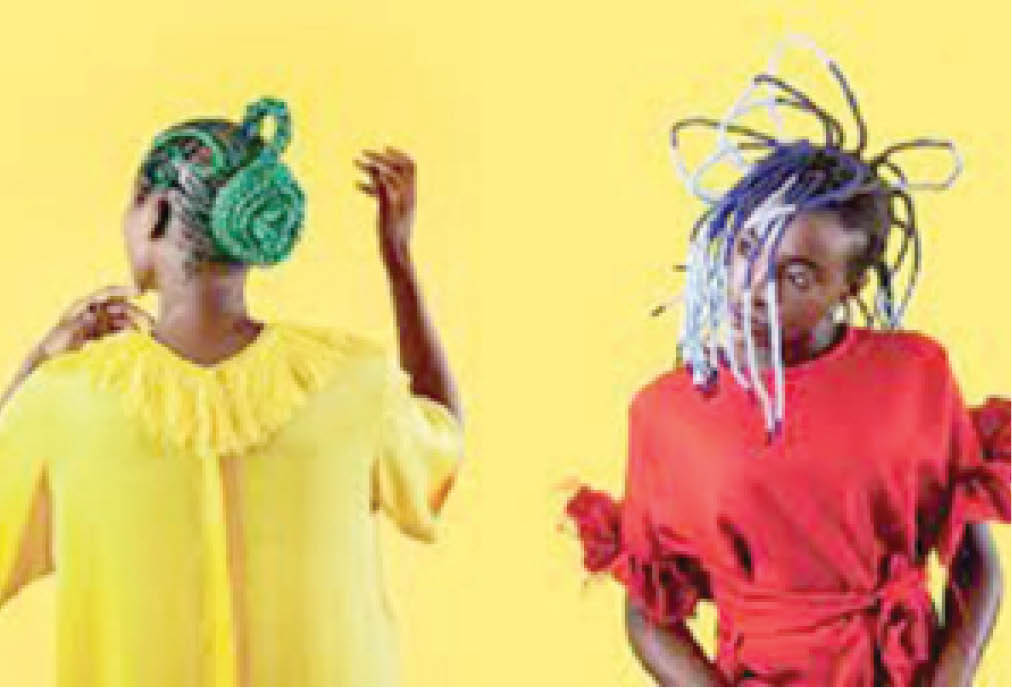A contemporary photographer pays homage to the late J.D. ’Okhai Ojeikere, famous for his images of Nigerian women’s hair.
In the work of J.D. ’Okhai Ojeikere (1930-2014), we see hair as storytelling. Over nearly half a century, the renowned photographer documented thousands of intricate, gravity-defying hairstyles that were the fashion in his native Nigeria after it won independence from the British Empire in 1960.
- South-East crisis: Ebubeagu fails to roar, 62 days after formation
- June 12: Peaceful protests, rallies rock states
Before then, hairstyles were social markers symbolizing marital status, ethnic origins, socioeconomic class. With Nigeria’s independence, they took on political meaning too.
Ojeikere’s work seems to have had a threefold purpose. He captured the resurgence of indigenous hairstyles that had fallen from favour under colonial powers. He documented hairstyle innovations as citizens re-established their identity. And after a time, his approach became more archival, to preserve the memory of the styles in the face of globalization.
Photographer Medina Sage Dugger launched her project in 2017, roughly 50 years after Ojeikere began his. California-born Dugger relocated to Lagos in 2011. She spent four years as a co-curator and project coordinator for the African Artists’ Foundation and Lagos Photo Festival, before devoting herself full-time to photography. Her Chroma project, which is ongoing, won the Open series category of 2017 Magnum Photography Awards.
Dugger’s Chroma is an ode to Ojeikere and an attempt to build on his legacy. It borrows heavily from Ojeikere’s vision but not his palette: His portraits are black-and-white, hers pop with colour. In an interview with the Lagos arts publication Omenka, Dugger, who is white, credited Nigerian arts curator Wunika Mukan for suggesting “that revisiting Ojeikere’s work in colour could be interesting. I instantly envisioned making use of the unconventional hair threads and weaves now available in local markets.” Dugger partnered with Nigerians – including the project’s hairstylists and models – in the decision-making and creative processes.
Today in Nigerian cities, globalization has fully taken root. Hairstyles are more decorative and less imbued with sociopolitical meaning – but still may make statements. As attitudes shift frequently between liberal and conservative (and more of the latter), the bold, whimsical hair that Dugger shows – even if it’s only an individual fashion choice – can be seen as defiance of norms. “It is nice we can come together and unite,” she says, and that “we can celebrate differences and pasts.”
A project like Chroma has particular relevance today, Dugger told Omenka. “In our increasingly connected world, cultural styles and expressions risk appropriation, dilution, and abandonment. This underscores the importance of Ojeikere’s work and of preserving these practices and history.”
When Ojeikere began, his photographs were groundbreaking. Today, we’d describe his work as traditional and Dugger’s as modern. Yet with her new hairstyle project, Dugger is continuing the tradition by documenting the culture as Ojeikere did. The storytelling goes on.
Culled from https://www.nationalgeographic.com/

 Join Daily Trust WhatsApp Community For Quick Access To News and Happenings Around You.
Join Daily Trust WhatsApp Community For Quick Access To News and Happenings Around You.


